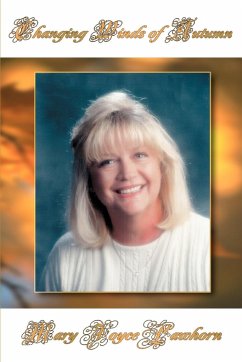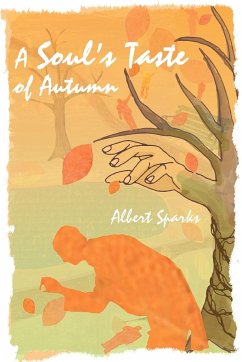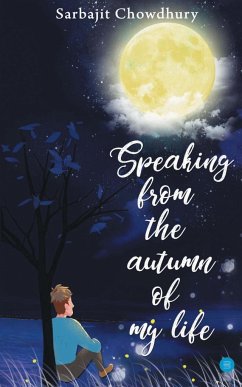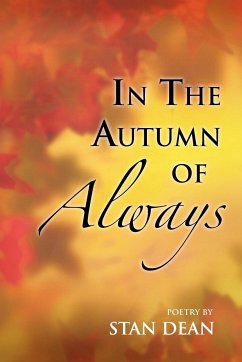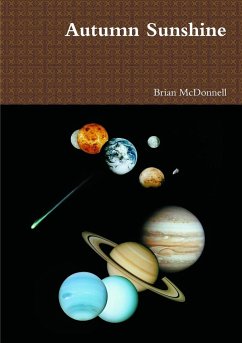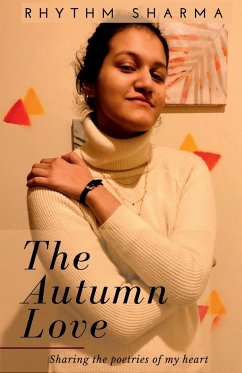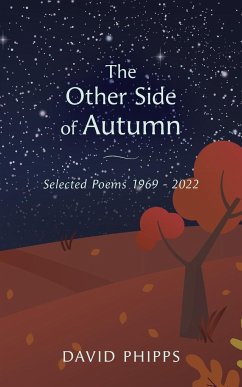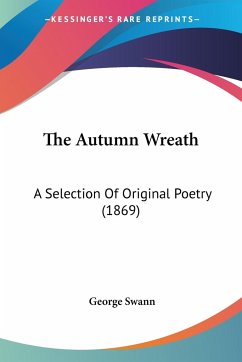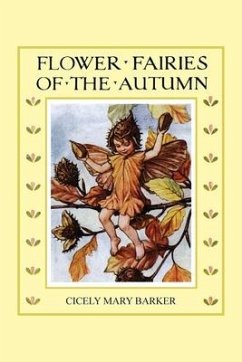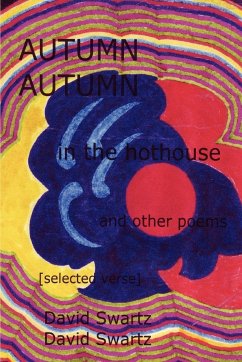
AUTUMN in the hothouse and other poems
[selected verse]
Versandkostenfrei!
Versandfertig in 1-2 Wochen
18,99 €
inkl. MwSt.

PAYBACK Punkte
9 °P sammeln!
The metaphysical outrage and indignation contained within these verses, for the most part formal yet seething with fury, has its only parallel in Wilfred Owen's terrible indictments of the first Great War. There is a significant difference, however. The poet's torment is expressed in the face of God and His Creation and not simply humankind's personal handiwork. The lure of Swartz's "Hothouse" is how dangerously it verges on disintegration and madness. The trial, simply stated, is why, a boundless WHY? hurled into abyss. Only more fearful is the implied silence, the calculated indifference of ...
The metaphysical outrage and indignation contained within these verses, for the most part formal yet seething with fury, has its only parallel in Wilfred Owen's terrible indictments of the first Great War. There is a significant difference, however. The poet's torment is expressed in the face of God and His Creation and not simply humankind's personal handiwork. The lure of Swartz's "Hothouse" is how dangerously it verges on disintegration and madness. The trial, simply stated, is why, a boundless WHY? hurled into abyss. Only more fearful is the implied silence, the calculated indifference of the answer. The four long poems comprising Part Two are a lull in the rage of the opening section. The poet, while certainly not at ease with his Maker's universe, attempts, even, to entertain, while having his own private jokes with Bard Himself. Part Three includes two representative dramatic poems. The first, "Last Supper," depicts the final moments of Christopher Marlowe, the second, "The Hitler Sonata," those of Adolf Hitler, a disturbing, powerful read. If Plath confronted demons in her brilliant final anguish, the author of THESE skillful, wrenching poems assails the very source of them. One cannot leave this book behind.





